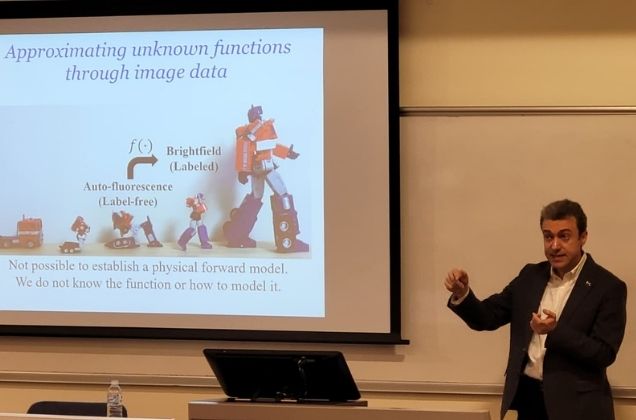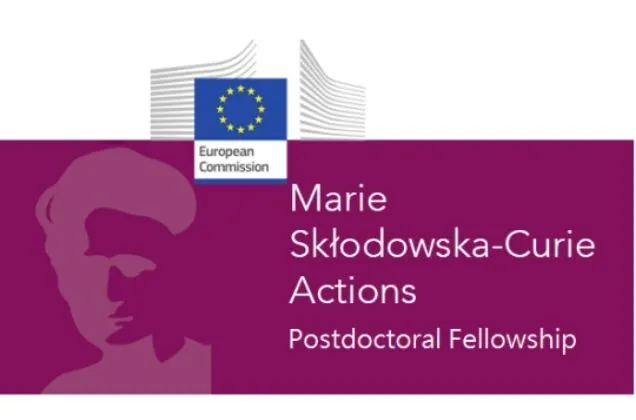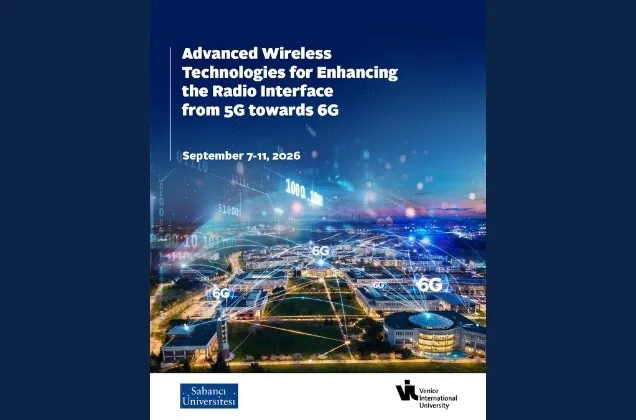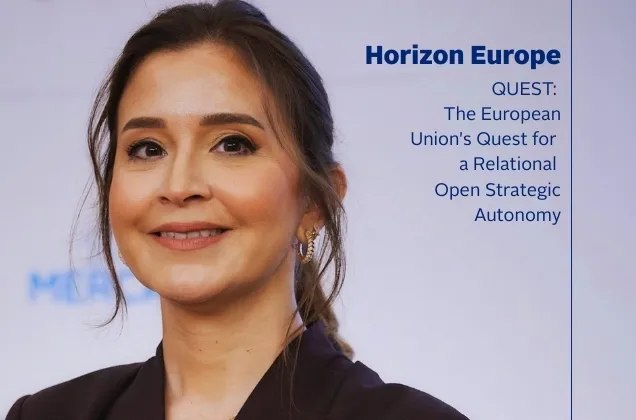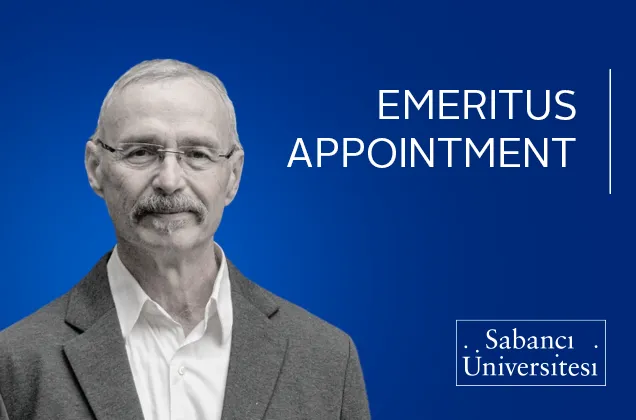20/10/2025
Sabancı University hosted Prof. Dr. Aydoğan Özcan, one of the world's leading scientists in the field of AI-assisted optical methods. Prof. Dr. Özcan, a faculty member at UCLA (University of California, Los Angeles) and a member of the Koç University Board of Trustees, gave a seminar entitled "The Fusion of AI and Optics for Computational Microscopy and Sensing" at the Faculty of Engineering and Natural Sciences on Tuesday, October 14, 2025.
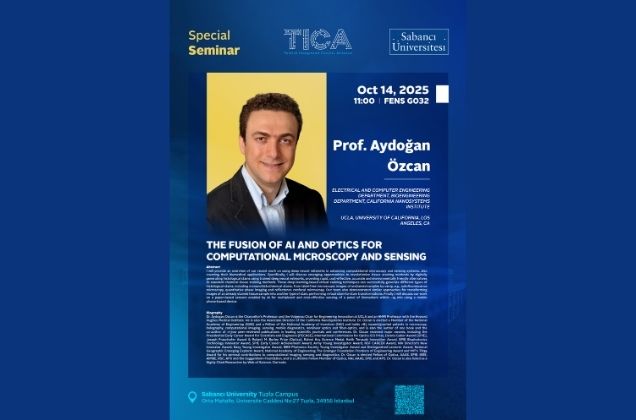
From Mobile Microscopy to Digital Tissue Coloring
The seminar, presented by Prof. Dr. Aydoğan Özcan, served as an important meeting point for those curious about new research areas combining optical technologies and artificial intelligence. Participants in this highly popular seminar included Sabancı University President Prof. Dr. Yusuf Leblebici, Vice President for Education Prof. Dr. Cem Güneri, Vice President for Research Prof. Dr. Mehmet Yıldız, and Dean of the Faculty of Engineering and Natural Sciences Erkay Savaş, as well as numerous students.
Prof. Dr. Aydoğan Özcan, who conducts pioneering work at the intersection of microscopy and deep learning, is focusing his research on transforming smartphones into portable and affordable biosensors. Developed objective-free microscopy techniques offer higher resolution and a wider field of view at a lower cost than traditional systems. This allows even very small biological structures, from red blood cells to viruses, to be imaged with mobile phone-enabled systems.
Biological Testing in 15 Minutes with Smartphones
At a special seminar held at Sabancı University's Faculty of Engineering and Natural Sciences, Prof. Dr. Aydoğan Özcan provided information on innovative methods that utilize deep neural networks to digitally color tissue samples without the need for traditional coloring techniques, in addition to microscopy techniques.
These technologies, which can be used in many biomedical fields, from malaria diagnosis to 3D tracking of sperm cells, are revolutionizing the medical world by bringing advanced laboratory measurements to mobile devices. Participants had the opportunity to familiarize themselves with these systems, which enable biological testing with smartphones in just 15 minutes.
Prof. Dr. Aydoğan Özcan
Dr. Aydoğan Özcan is the Chancellor’s Professor and the Volgenau Chair for Engineering Innovation at UCLA and an HHMI Professor with the Howard Hughes Medical Institute. He is also the Associate Director of the California NanoSystems Institute. He is elected a Member of the National Academy of Engineering (NAE) and a Fellow of the National Academy of Inventors (NAI). He holds over 85 patents in microscopy, holography, computational imaging, sensing, mobile diagnostics, nonlinear optics, and fiber optics. He is also the author of a book and co-author of over 1,300 peer-reviewed publications in leading scientific journals and conferences. Dr. Özcan has received many awards for his pioneering contributions to computational imaging, sensing, and diagnostics, including the Presidential Early Career Award for Scientists and Engineers (PECASE), the ICO Prize by the International Commission for Optics, the Dennis Gabor Award, the Joseph Fraunhofer Award and the Robert M. Burley Prize (Optica), the Rahmi Koç Medal of Science, the Keith Terasaki Innovation Award, the SPIE Biophotonics Technology Innovator Award, the SPIE Early Career Achievement Award, the Army Young Investigator Award, the NSF CAREER Award, the NIH Director's New Innovator Award, the Navy Young Investigator Award, the IEEE Photonics Society Young Investigator Award and Distinguished Lecturer Award, the National Geographic Emerging Explorer Award, the Grainger Foundation Frontiers of Engineering Award from the National Academy of Engineering, and the TR 35 Award from MIT. He is elected a Member of Optica, AAAS, SPIE, IEEE, AIMBE, RSC, APS, and the Guggenheim Foundation, and is a Lifetime Fellow Member of Optica. Dr. Özcan is also listed as a Highly Cited Researcher by Web of Science and Clarivate. He is also a member of the Board of Trustees of Koç University.
